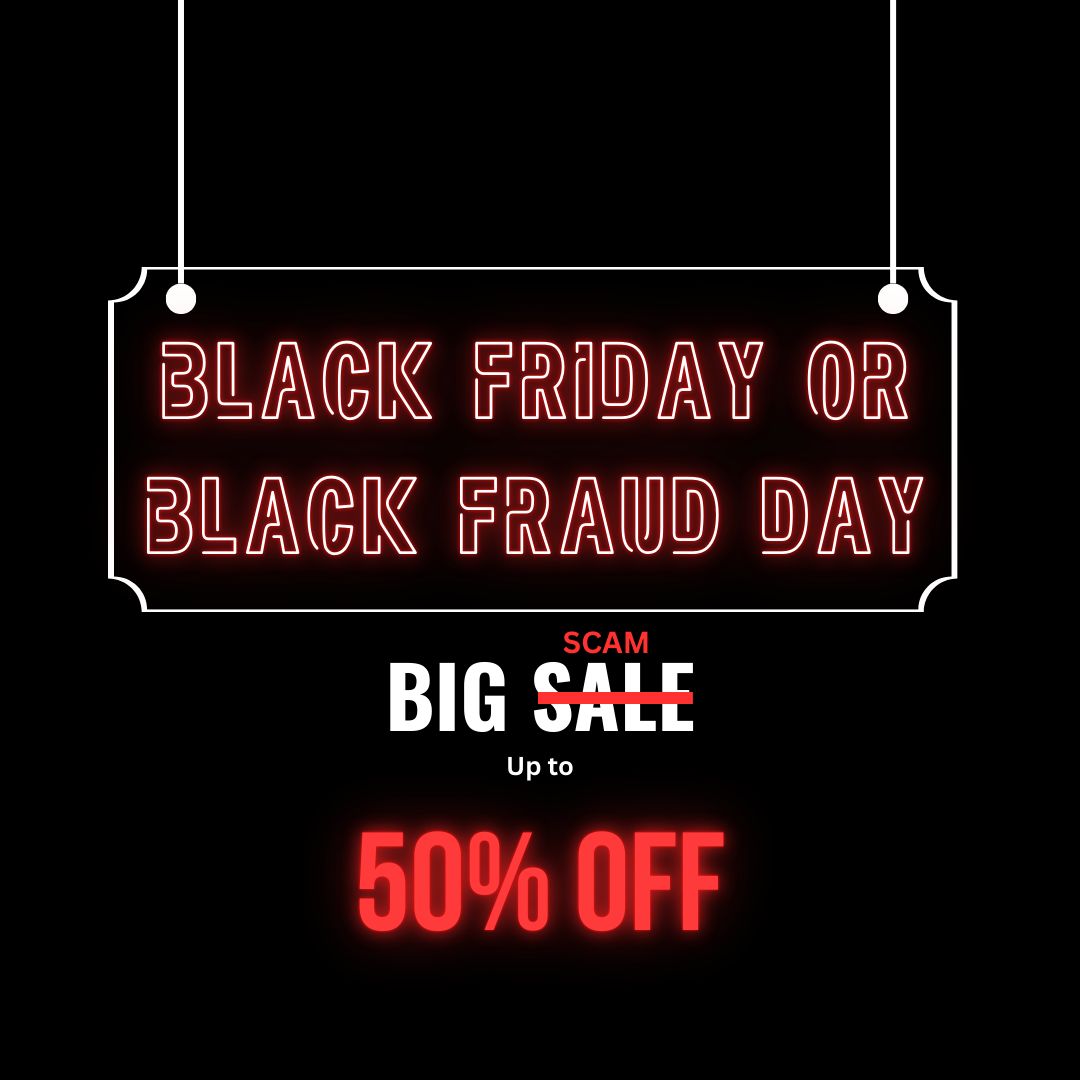Strategizing from 7 cities across the globe
Black Friday or Black Fraud-day?
Black Friday is more than just a shopping gathering; it is an economic spectacle where capitalist forces are on full display. On this day, Adam Smith’s invisible hand doesn’t just guide the market, it orchestrates a dance of supply and demand, drawing millions into its flow. Occurring annually on the day after Thanksgiving, Black Friday reshapes the landscape of the global market due to its massive sales. Originally starting in the United States, it has grown into a worldwide trend generating billions of dollars worldwide.
INVESTMENTECONOMICSDEMOCRACYPSYCHOLOGY
Lea Rahme, Laura Ingea
3/7/20254 min read


Black Friday is more than just a shopping gathering; it is an economic spectacle where capitalist forces are on full display. On this day, Adam Smith’s invisible hand doesn’t just guide the market, it orchestrates a dance of supply and demand, drawing millions into its flow. Occurring annually on the day after Thanksgiving, Black Friday reshapes the landscape of the global market due to its massive sales. Originally starting in the United States, it has grown into a worldwide trend generating billions of dollars worldwide.
What Is Black Friday?
The expression “Black Friday” represents businesses’ shift from being “in the red” (operating at a loss) to being "in the black" (making profit) due to the surge in sales following Thanksgiving.
Black Friday lures consumers into buying specific items by enticing them with marginal discounts on products that they can buy anytime without the hassle of pushing through crowds, sometimes even at a cheaper price.
Every year, millions of dollars are spent on advertising to push the narrative that Black Friday is a unique day where buyers should splurge. Their goal is to shape the consumer’s perspective into believing that Black Friday is the only time frame where you would be able to purchase these gift items.
The Consequences of Black Friday
The exponential growth can be witnessed in 2024, with the total retail sales generated on Black Friday alone in the U.S. being around $75 billion, representing a 5% increase from 2023 (Black Friday 2024 Sales Forecast, 2024). The trend then became global, with international corporations operating everywhere, it was more than expected that local shops would continue with this trend. Approximately 80% of French consumers made purchases during Black Friday and Cyber Monday in 2024, marking a 9% increase from 2023. In 2023, Germany, known for its consumerism, embraced sales totaling 5.8 billion dollars. These staggering numbers retrace the roots that shaped Adam Smith's invisible hand on that pivotal day, portraying irrationality within consumers, and thus a market that will not be regulated all by itself.
How is this a scam?
Many consumers blindly trust Black Friday deals, unaware that many discounts are carefully designed to manipulate their decisions.
Retailers use fake scarcity to create a sense of urgency. Stores make claims such as, "Only 3 left!" or "Selling out fast!" to pressure you into buying, even if they have plenty in stock.
Websites, for example, use countdown timers to create a false sense of urgency designed to make us think: “If I don’t buy this now, I’ll lose a great deal.”
Fake Stores: Scam websites often take advantage of eager consumers during Black Friday, offering cheap products but never delivering them.
Prior to the big day, some stores even raise prices exaggeratedly and then “discount” it back to the original price on Black Friday to make the “discount” seem huge. That way, customers think they are saving money when they’re not!
Why do we fall for these tricks?
1-In reality, our brains often fear losing out more than they enjoy gaining something. In today’s world, we call it FOMO (fear of missing out).
2-In the context of Black Friday, our brain focuses on perceived savings rather than the extra money we’ve spent. This phenomenon is called the Illusion of Saving. Stores put price tags which scream memos like “Get 3 for $30 instead of 1 for $15!” which are explicitly designed to make us believe that we are getting a better deal.
3- Another phenomenon called the Anchoring Effect analyzes the tendency of consumers to wrongly compare Black Friday prices to regular list prices, instead of considering if it's truly a good deal (6 Ways Psychology Explains Black Friday Shopping, 2024).
4-Moreover, discounts actually release a dopamine rush, stimulating the “reward system” part of the brain. This pleasure hormone can make shopping feel even more exciting.
5-Finally, expensive items on sale feel more premium and luxurious, even if they’re not better in quality. In this way, shoppers believe they are getting a “once-in-a-lifetime” deal.
How to Avoid These Scams
Compare prices by using price-tracking websites.
Check reviews before buying from an unknown store.
Read the fine print on return policies and subscriptions.
Watch out for fake sites – only shop from reputable retailers.
Ask yourself: "Would I buy this if it wasn’t on sale?"
CONCLUSION
Businesses have made it their mission to convince you that smart shoppers do their holiday “trophy-collecting” on Black Friday. Many individuals characterized some shops as ‘crazy’ or ‘making losses’ due to the overreaction behind Black Friday, persuading the consumer of its leverage during the ‘big sale’. From clothes to appliances, we have seen it all, and yet we failed to question our own rationality. Black Friday is not about getting rid of stuff, but a marketing strategy to decrease prices, yet increasing revenues at the same time. Without realizing it, people fall into these traps, driven by the excitement of sales rather than logic. Regardless of the criticism that consumerism receives by influencers, the temptation of life-changing discounts will drag them back to the racks again along with millions of consumers year after year.
References:
Black Friday 2024 sales forecast. (2024, October 1). Bain. https://www.bain.com/insights/black-friday-2024-sales-forecast-snap-chart/
Jeunemaitre, A. M., PhD. (2024, November 21). 6 Ways Psychology Explains Black Friday Shopping. Psychology Today. https://www.psychologytoday.com/us/blog/consumption-and-lifestyles/202411/why-we-shop-on-black-friday?msockid=3052a8ddbbe063321c0bb878ba0b626c
